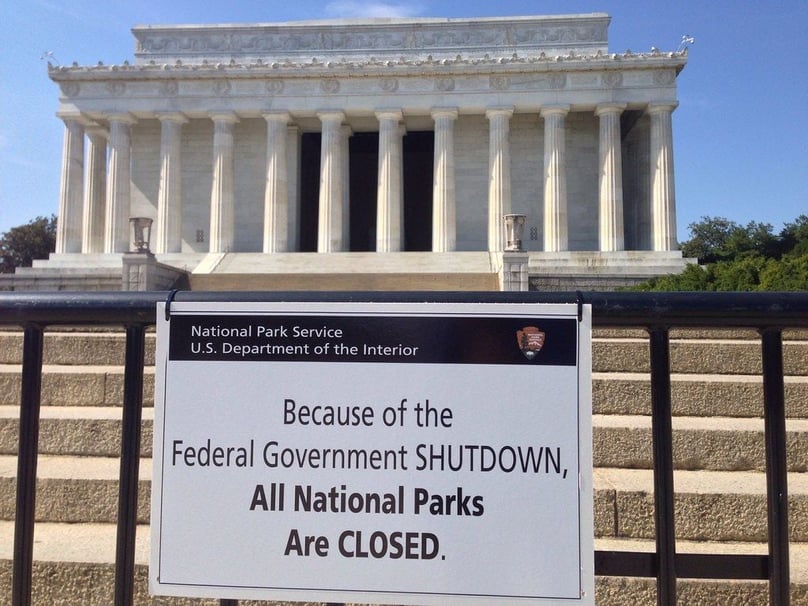The ongoing government shutdown is hampering access to vital economic data, creating challenges for economists and government officials. The most recent effect of the shutdown was the non-release of a previously scheduled jobs market report, as the government's data-keeping operations have been closed.
These closures could worsen as the Bureau of Labor Statistics (BLS), which is scheduled to release its monthly report on the Consumer Price Index, a critical measure of inflation, in less than two weeks, could possibly postpone its release if the government remains closed.
This data blackout presents difficulties for the Federal Reserve, which is trying to steer the economy amidst rising unemployment and high inflation. Alternative employment data such as those provided by payroll provider ADP can be considered, however, these are deemed less thorough than the primary data from the BLS.
Austan Goolsbee, President of the Federal Reserve Bank of Chicago expressed concern over the unavailability of official economic statistics, noting that the lack of reliable inflation data could lead to obliviousness regarding economic events. This blindness could cause a delay in potential responses by the Federal Reserve, which sets its interest rate to maintain low inflation and high employment levels.
In this data vacuum, private sector alternatives like Truflation, a cryptocurrency firm which offers a daily alternative to the CPI have gained notice. Importantly, the firm's index is based on 18 million prices collected from various sources.
However, as the blackout continues, the Federal Reserve is left in unfamiliar territory while preparing for its policy committee meeting later in the month. The dilemma of whether to reduce the fed funds rate to lower borrowing costs and stimulate the job market, or maintain higher rates to combat inflation, is exacerbated by the lack of reliable economic data.

